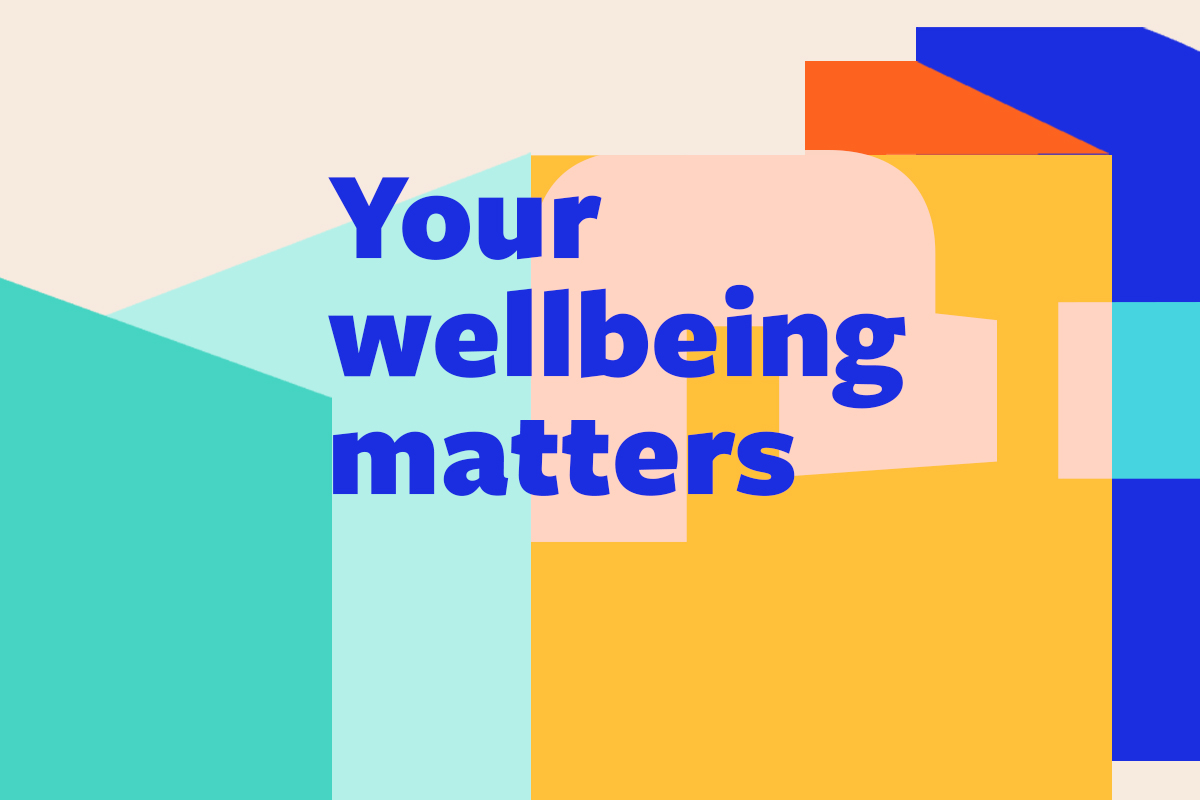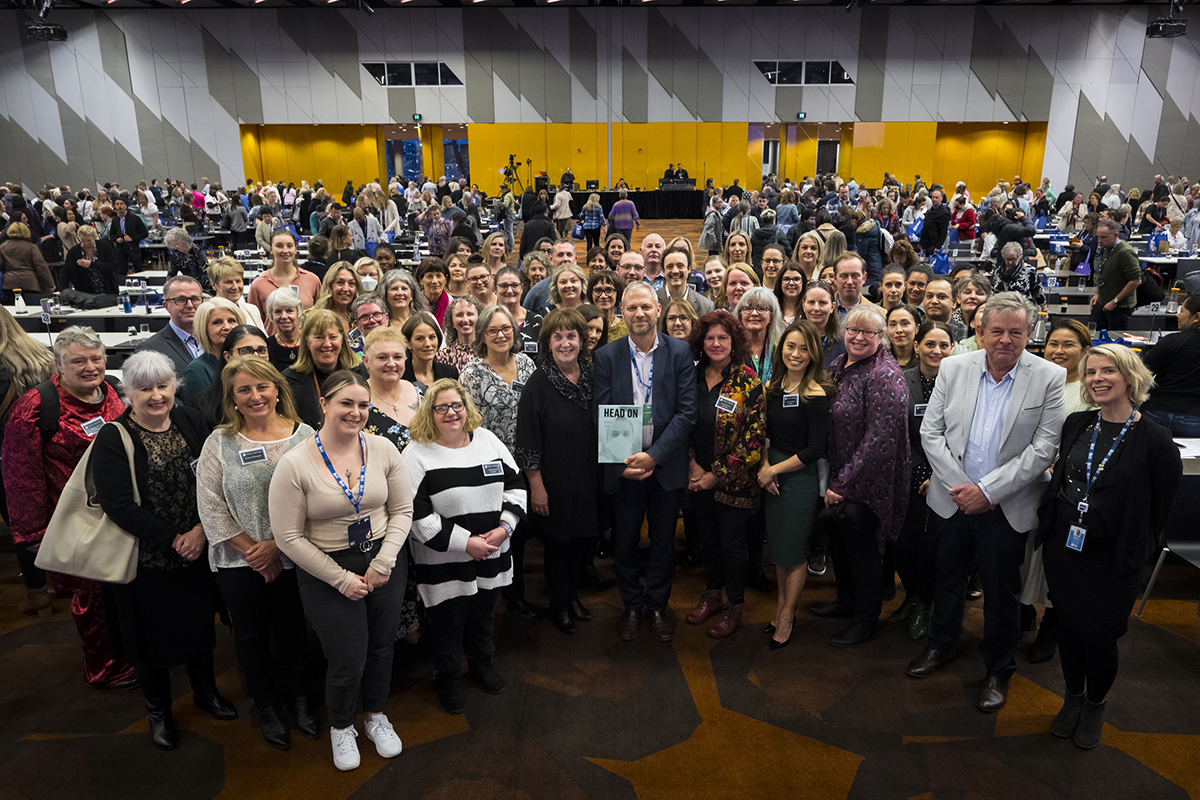
Dr Rob Gordon
Feeling mentally cloudy? Fatigued? Less connected to your work and colleagues? Have gut problems, skin conditions or headaches?
Blame chronic stress and cortisol, says Dr Rob Gordon, a clinical psychologist with decades of experience in stress and trauma management.
Under conditions of chronic stress, like working within lockdown and a global pandemic for nine months, the hormone cortisol gets activated. Prolonged cortisol exposure can induce a ‘zombie state’ that degrades our sense of attachment to our work and colleagues, and can cause longer-term physical and mental health problems, warns Dr Gordon.
Signs of chronic stress and cortisol overload
In a webinar for the Nursing and Midwifery Health Program Victoria Dr Gordon described these signs of cortisol over-exposure:
- Mental clouding (narrow focus of attention; can only deal with what you have to do next)
- Impaired memory function (You’ve made a list but don’t know where you put it)
- Impaired ‘higher order skills’, such as problem-solving, lateral thinking, creativity, delegating, (explaining the task seems harder than doing it yourself)
- Excessive ruminating, particularly at night.
‘Our whole sense of ourselves can start to deteriorate,’ Dr Gordon said.
People can compensate for cortisol overload, he said, but they must be aware they are not working as efficiently. One tip is to write down what tasks you must do, and in what order.
In cortisol mode, energy is extracted from the tissues, from non-essential functions, and redirected to essential functions. People experiencing chronic stress can start to have symptoms such as skin and digestive problems, headaches and muscular tension.
Signs of ‘cellular fatigue’
You can also start to experience what Dr Gordon calls ‘cellular fatigue’ which you may not notice until you take a break from working.
You may:
- lack energy for activities in non-work time, unable to plan or do much with your relaxation time. You won’t feel revived until your energy ‘cup’ has refilled.
- find it hard to manage conflict or respond appropriately to emotionally triggering events.
- find it hard to think clearly and carry out tasks such as report writing.
- feel detached from your sense of belonging to your workplace and more self-centred.
What you can do
- Pleasure and leisure. Start breaking up the stress state by doing things you enjoy.
- Plan together. Break through the cognitive deterioration by organising workload and tasks as a team, consciously.
- Take time to reflect and digest your experience. Through writing things down in a journal, having a conversation with colleagues, manager or the NMHPV, you can make sense of your experience.
- Take care of the work attachment. Support is an enormous protective factor for recovering from trauma. Managers should signal to their teams that they ‘get’ what we’ve all just been through.
- Take your time returning to ‘COVID-normal’. Like a diver returning to the surface, we need to decompress slowly. In the return all the responses to cellular fatigue will arise.
In partnership with ANMF (Vic Branch) the NMHPV ran the ‘Promoting health and wellbeing through COVID-19’ webinar events on 25 November for managers and educators, and on 27 November for nurses, midwives and personal care workers.
The events gave members an opportunity to reflect and share experiences of working through the COVID-19 pandemic in a safe and supported space.
The NMHPV, funded by the Victorian Government, is a free, independent and confidential counselling and support service for Victorian nurses, midwives, nursing and midwifery students, and has received additional state government funding to ensure it is available to personal care workers in residential aged care during the COVID-19 pandemic. Contact NMHPV on 9415 7551 or admin@nmhp.org.au to develop a self-care plan or to discuss any issue, big or small.




